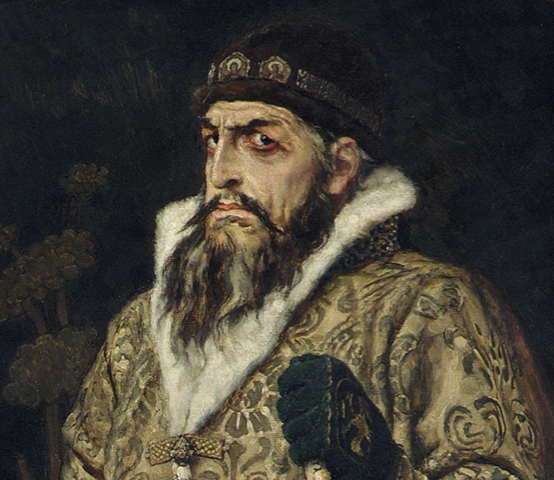A Clash of Two Systems
The war in Ukraine is a confrontation between two systems, one modern, legalistic, decentralized and multicephalous; the other archaic, nationalistic, centralized and monocephalous
Offensive vs. Defensive Nationalism
This conflict shows a harmful confusion, among the Russians and their supporters, between the state as a nation in the ethnic sense and the state as an administrative entity.
A state that wants to base its legitimacy on cultural unity must be small; it is otherwise doomed to meet the hostility of others. A Francophone Swiss citizen, although culturally linked to his or her language, does not aspire to belong to France, and France does not try to invade French-speaking Switzerland under this pretext. Further, national identities can change quickly: Francophone Belgians have a different identity from French people. France itself went through an operation of internal colonialism to destroy Provençal, Languedoc, Picard, Savoyard, Breton, and other cultures and eradicate their languages under a centralized identity. Nationality is never defined and never fixed; administration is.
Cultural unity can make sense, but only in the form of something reduced such as a city-state –I would even go so far as to say that a state only works well in this way. In this case, nationalism is defensive — Catalan, Basque or Christian Lebanese — but in the case of a large state like Russia, nationalism becomes offensive. Notice that under the Pax Romana or the Pax Ottomana, there were no large states, but city-states gathered in an empire whose role was distant. But there is loose empire and rigid nation-state like empire, the latter being represented by Russia .
. . .
#Russia #Ukraine #NassimNicholasTaleb #culture #state #theWest #nationalism

There are no comments yet.